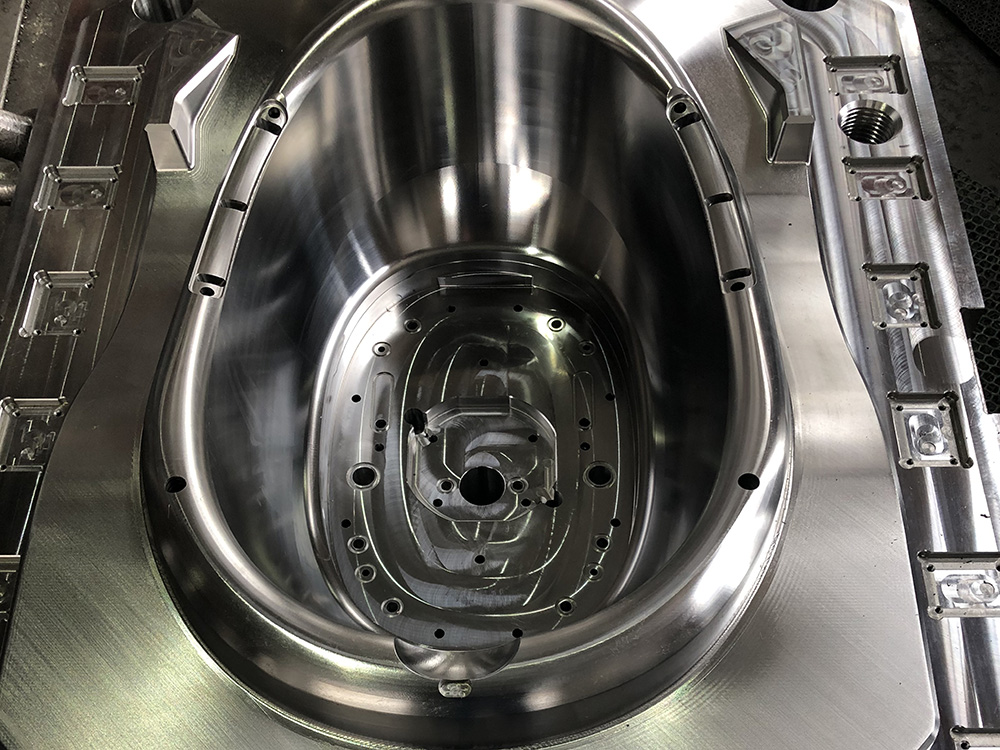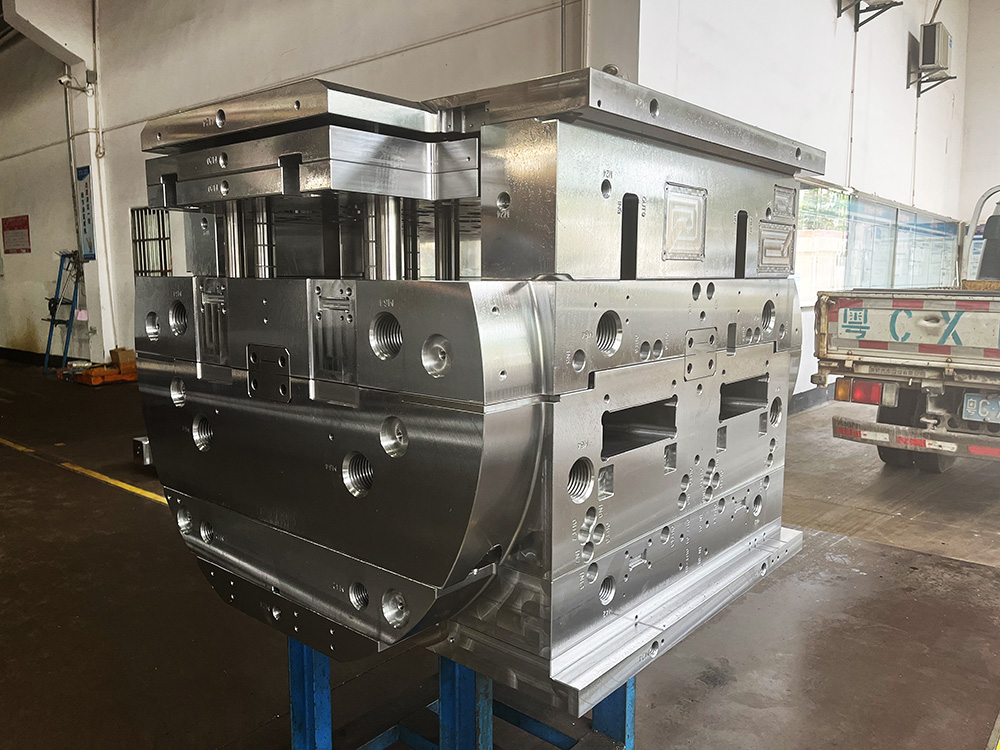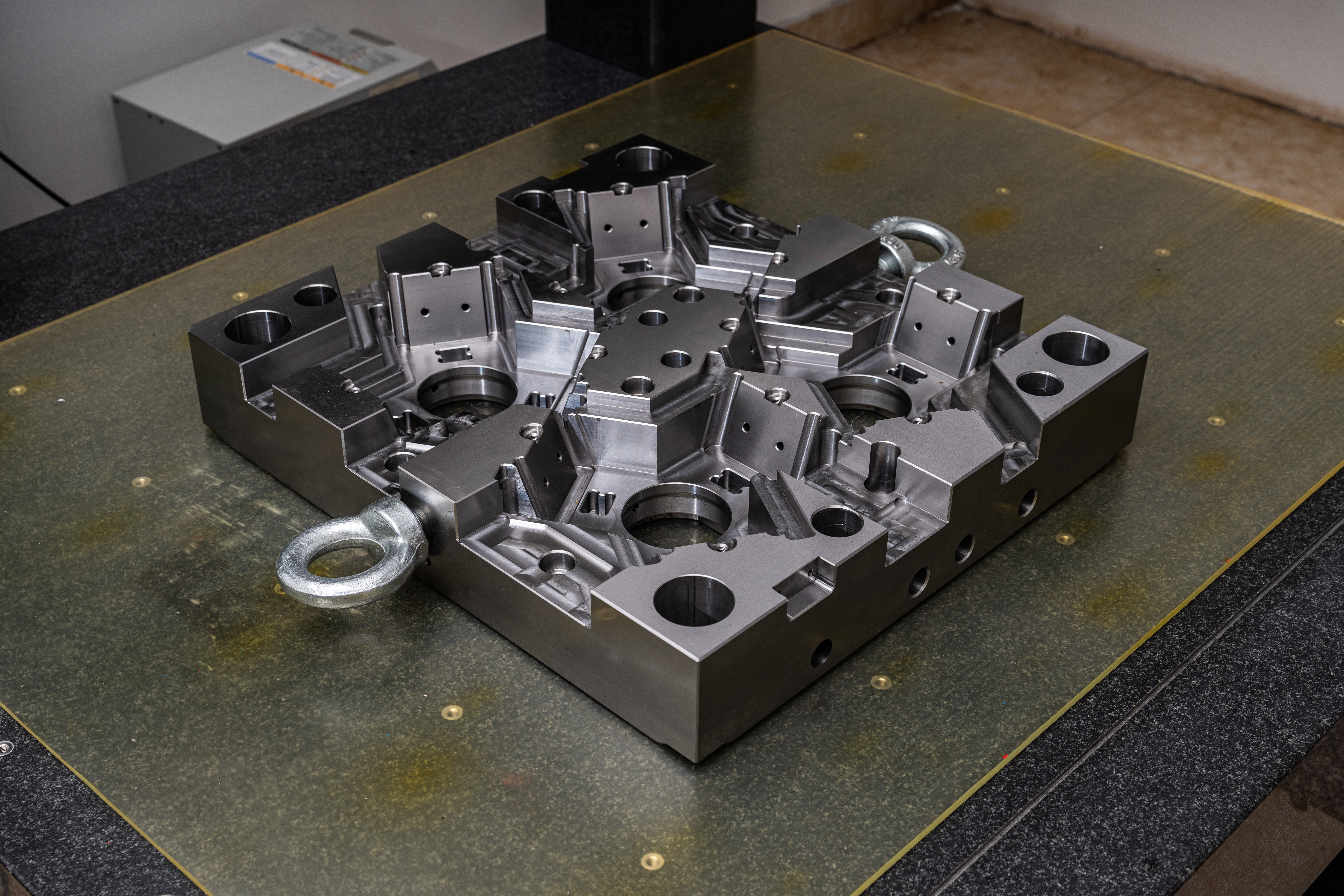Introduction
When it comes to die casting machine frame, selecting the right model is crucial for ensuring optimal performance and productivity. The frame serves as the foundation for the entire die casting process, providing stability and support for the various components involved. In this article, we will explore the key factors to consider when choosing a die casting machine frame.
1. Weight Capacity
The weight capacity of the die casting machine frame is one of the most important factors to consider. It should be able to handle the weight of the mold, molten metal, and any additional components without deformation or structural failure. The weight capacity will depend on the size and dimensions of the components involved in the die casting process.
2. Material
The choice of material for the die casting machine frame will determine its strength, durability, and resistance to wear and tear. Common materials used for die casting machine frames include cast iron, steel, and aluminum. Each material has its own advantages and disadvantages, and the selection should be based on the specific requirements of the die casting process.
3. Rigidity
The rigidity of the die casting machine frame is crucial for maintaining the stability and precision of the entire process. A rigid frame will minimize vibrations and deflections, ensuring accurate and consistent die casting results. The rigidity can be determined by factors such as the design, construction, and material properties of the frame.
4. Thermal Conductivity
The thermal conductivity of the die casting machine frame is important for efficient heat transfer during the casting process. A higher thermal conductivity will help in dissipating the heat generated by the molten metal, preventing any undesirable effects on the mold and the casting itself. Aluminum frames are known for their excellent thermal conductivity.
5. Accessibility
The accessibility of the die casting machine frame is an important consideration for maintenance and repair purposes. Ensure that the frame allows easy access to all the components involved in the die casting process, such as the mold, ejector system, and cooling system. This will facilitate efficient and timely maintenance, minimizing downtime.
6. Precision and Tolerance
The precision and tolerance of the die casting machine frame will directly impact the quality of the castings produced. The frame should be designed and manufactured to meet the required precision and tolerance specifications. Any misalignment or inaccuracies in the frame can result in defective castings, leading to additional costs and rework.
Conclusion
Selecting the right model of die casting machine frame is a critical decision that can significantly impact the efficiency and quality of the die casting process. Consider factors such as weight capacity, material, rigidity, thermal conductivity, accessibility, and precision when making this decision. By carefully evaluating these factors, you can ensure optimal performance, productivity, and longevity of your die casting machine frame.




